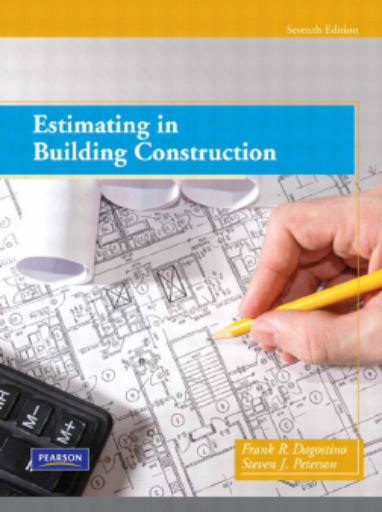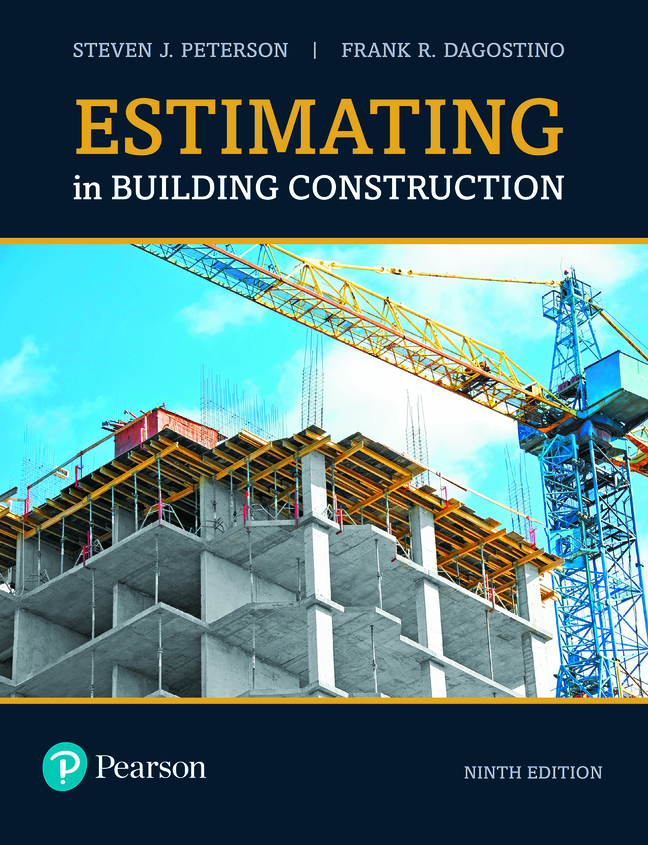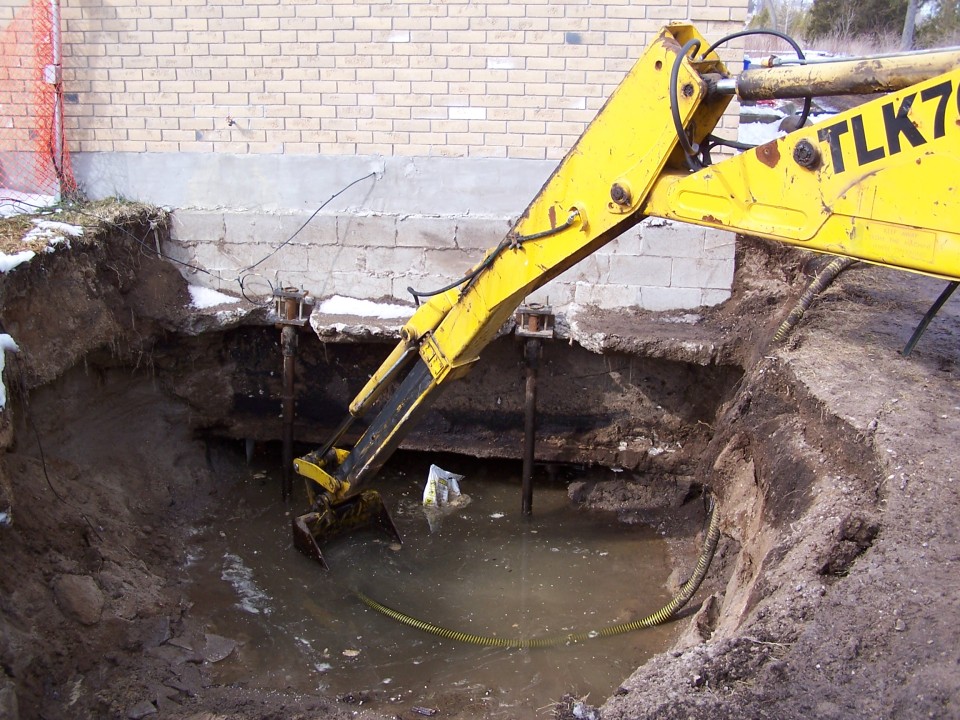Unlock the secrets to success in the construction industry by delving into the world of “Construction Quality Management for Contractors.” Learn how prioritizing quality can elevate your projects and reputation.
Introduction: The Power of Construction Quality Management
In the dynamic realm of construction, quality management stands as a cornerstone for success. For contractors aiming for excellence, understanding and implementing effective “Construction Quality Management for Contractors” is a game-changer.
Essentials of Construction Quality Management:
Navigating Success – Construction Quality Management For Contractors
Successful construction projects are not just about meeting deadlines but delivering a product that stands the test of time. Let’s explore the core principles of construction quality management that contractors should embrace.
1. Comprehensive Planning:
Effective construction quality management starts with meticulous planning. Contractors must outline quality objectives, define standards, and establish procedures that align with industry best practices. A well-thought-out plan sets the foundation for a quality-focused project.
2. Quality Assurance and Control:
Ensuring Precision Throughout the Project:
- Quality Assurance: This involves proactive measures taken before and during construction to prevent defects. Regular inspections, adherence to standards, and employing skilled labor contribute to the assurance of quality.
- Quality Control: Involves reactive measures to identify and rectify defects during and after construction. Contractors must establish robust control processes to maintain high-quality standards throughout the project.
3. Documentation and Communication:
Clear and comprehensive documentation is essential for effective construction quality management. Contractors should maintain records of inspections, tests, and any deviations from the plan. Additionally, fostering open communication among the project team ensures everyone is aligned with quality goals.
4. Training and Skill Development:
Investing in the skills of the workforce is a vital aspect of construction quality management. Well-trained personnel contribute to better workmanship, reduced errors, and a higher standard of construction. Continuous skill development programs should be part of a contractor’s strategy.
5. Continuous Improvement:
Heading 2: Evolving Excellence – Continuous Improvement in Construction Quality Management
The construction industry is ever-evolving, and contractors must embrace a culture of continuous improvement. Regularly assessing processes, learning from past projects, and adopting innovative practices contribute to ongoing excellence.
Challenges in Construction Quality Management:
Overcoming Hurdles to Achieve Excellence:
- Tight Schedules: Balancing quality with project timelines is a common challenge. Contractors must find ways to ensure quality without compromising on delivery schedules.
- Cost Constraints: Striking a balance between cost-effectiveness and quality can be challenging. However, cutting corners in the name of cost savings often leads to long-term issues.
Conclusion: Elevating Your Construction Projects through Quality Management
In the competitive construction landscape, quality management for contractors is not just a requirement but a strategic imperative. Implementing robust quality management practices ensures that your projects not only meet but exceed industry standards, leading to enhanced client satisfaction and a sterling reputation.
As you navigate the intricacies of construction quality management, remember that excellence is not a destination but a journey. Embrace the principles outlined here, stay informed about industry advancements, and continuously strive for improvement to ensure your place at the forefront of the construction industry.



Leave a Reply